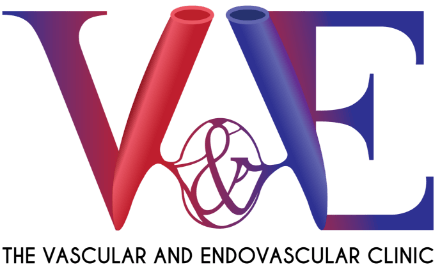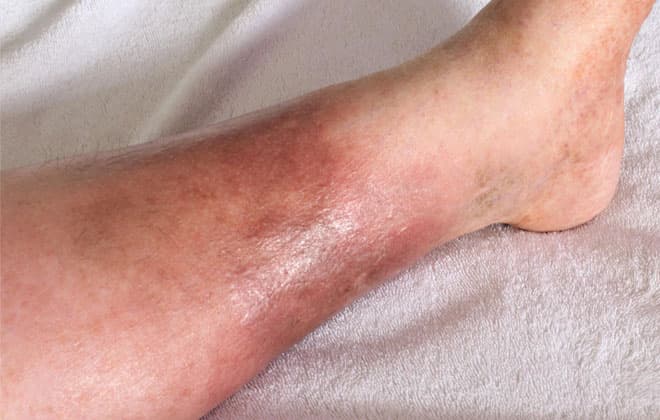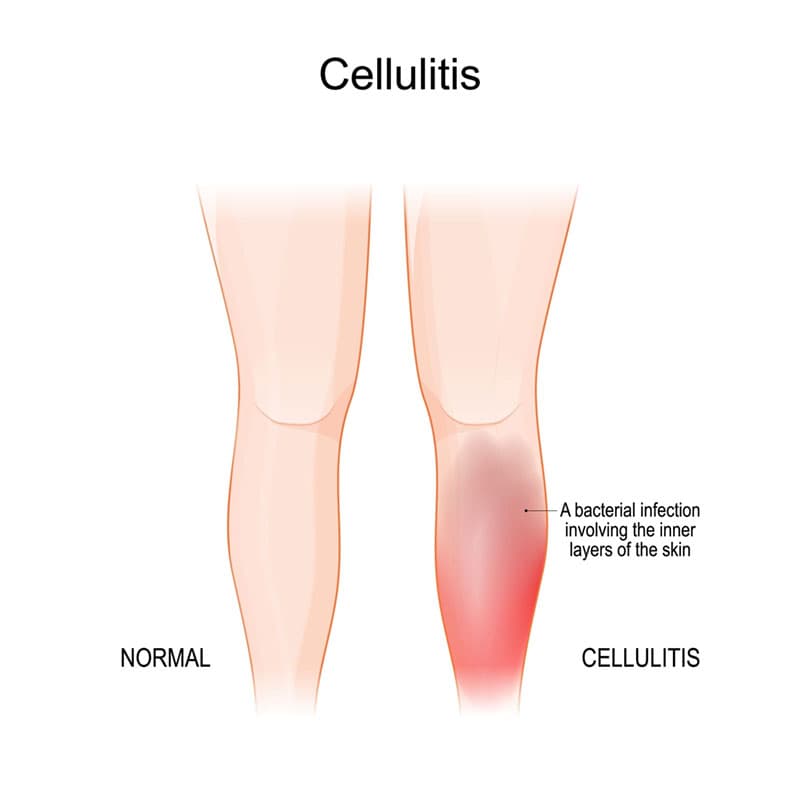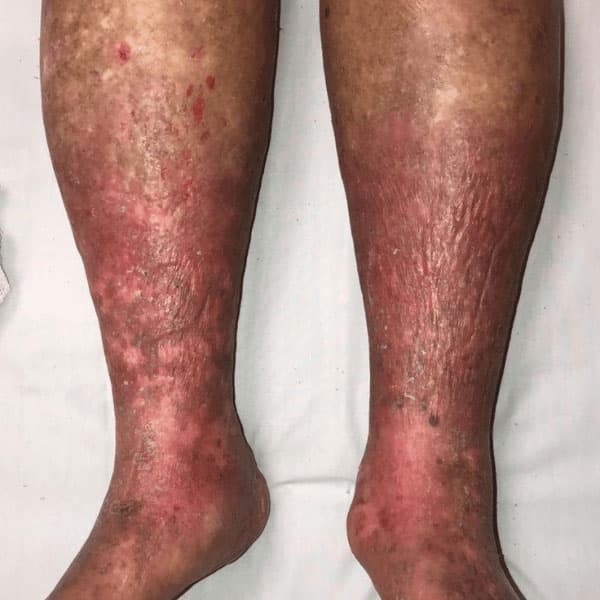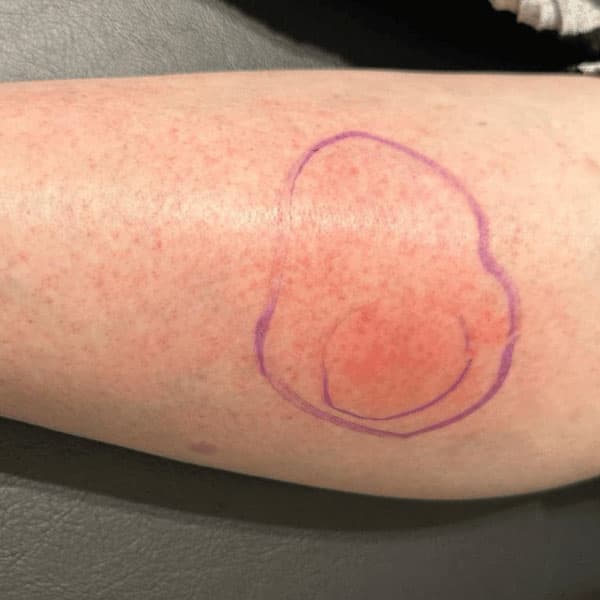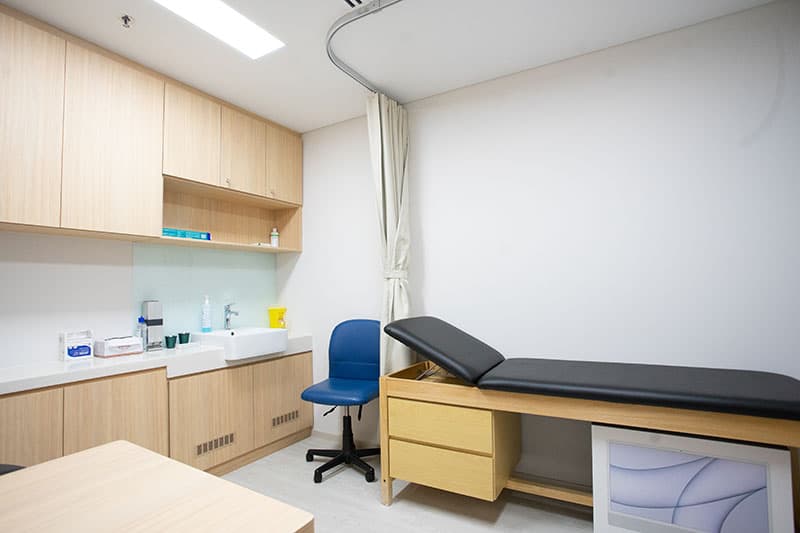What is Cellulitis?
Cellulitis is a bacterial skin infection that affects the deeper layers of the skin and subcutaneous tissues. It most commonly occurs in the legs but can also occur in other areas of the body. The infection can cause redness, swelling, warmth, and pain in the affected area. It is usually caused by bacteria such as Streptococcus or Staphylococcus and can spread rapidly if left untreated. Cellulitis can be treated with antibiotics, but in severe cases, hospitalization may be necessary.
